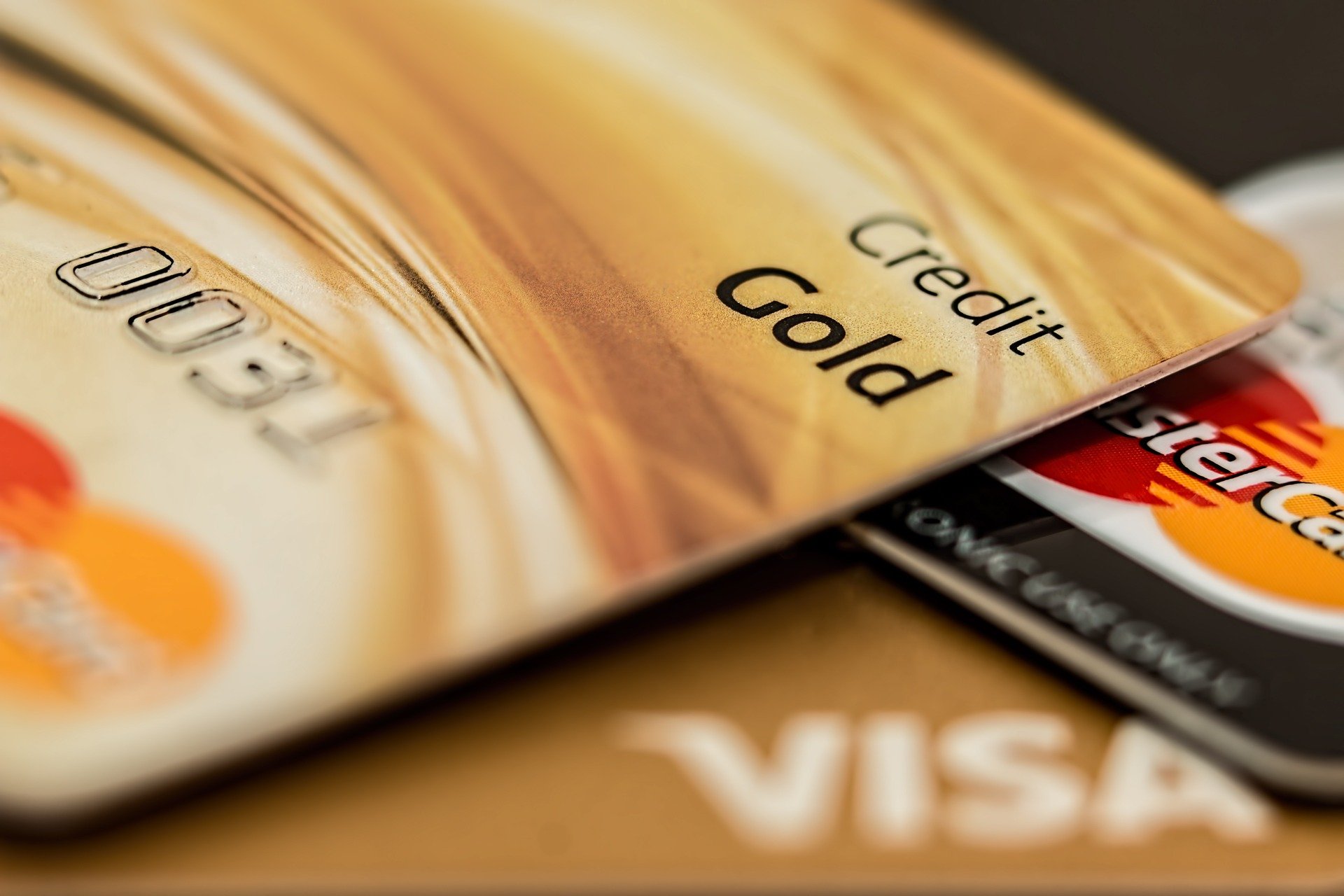Your credit score is the number that indicates your credit-worthiness. It is important to able to check your credit score because in the United States, credit scores represent the extent to which a person is suitable to receive financial credit.
Banks, credit card companies and other lenders use credit scores to decide who is at risk of defaulting and who will be able to afford their repayments.
Therefore, when looking for a loan, it is important to find out how your credit score because it will help you understood if you are suitable to be given a loan.
Key Points
- A credit score refers to one’s suitability for receiving financial credit and is an indication of how financially responsible a person is.
- Credit scores take into account your level of debt or if you have any unpaid bills.
- Using the FICO Website or Credit Karma are two easy ways you can check your credit score.
- Regularly checking your credit score can help alert you to potential risk factors such as fraud.
How Do I Check My Credit Score?
Regularly checking your credit score is a good habit to get into, whether or not you are applying for credit or loans. Checking your credit score does not affect your credit and, in fact, can even help improve your credit. Regularly keeping track of your credit score can alert you to potential risk factors such as errors or fraud.
The ways in which you can check your credit score are with services such as the FICO website or Credit Karma. Many loan providers even offer a credit check as part of their services.
What Is A FICO Credit Score?
A FICO Score is arguably the most widely-recognised and widely-used credit check service. Banks and lenders use it as a metric to determine how likely you are to repay them.
The score you receive from FICO is based on multiple factors including:
- Payment History – This takes into account whether you have paid past payments on time.
- Amounts owed – This is concerned with if you have any outstanding debt (both credit and loans).
- Length of credit history – How long you have had credit for.
- New credit – How often you apply for new credit and new accounts.
- Credit mix – The range of active credit products that you have including installment loans, credit cards, finance company accounts, mortgage loans, payday loans, etc.
How Is A Credit Score Calculated?
A credit score reports the history of how you’ve paid your bills, how much credit you have and other financial circumstances into a three-digit number. Using this credit score, lenders can predict with some accuracy how likely the borrower is to repay a loan and make payments on time. The number ranges from 300 to 850 and takes into account several factors like those mentioned above.
Your credit score can give your lender a representation of your financial history and circumstances. All loans, credit cards, and mortgage accounts that are open, as well as their start date and loan amounts, are included in the calculation of your credit score. Importantly, the score will weigh in any history of missed repayments or debt, including bankruptcy and CCJs.
What Defines A Good Credit Score?
Typically, a credit score of 700 or above is thought to be a ‘good’ credit score. The average credit score is thought to fall between 600 and 750.
A good credit score is an indication that you are reliable borrower. In general, a higher score conveys more confidence to lenders that you can meet the payments agreed in the repayment plan. A credit score above 600 means that you are more likely to be accepted for a loan.
What Defines A Bad Credit Score?
A bad credit score is typically a score of 580 or lower. Bad credit indicates that borrowers have a history of unpaid bills, late payments or debt.
A bad credit score usually makes it more difficult to obtain a credit card or a loan. However, some lenders have specific bad credit loans to make it easier for this borrower profile to obtain a loan. There are also some loans that do not require a credit check, some of those can be found here.
How Important Is My Credit Score?
Your credit score could affect you getting a mortgage for a house and determine whether you are accepted for a loan including payday loans, short term loans and also credit cards. Lenders will take your credit score into account after you have submitted your enquiry for a loan. This is an essential part of the loan request process, helping the lender work out whether you will be able to afford the loan repayments.
This does not mean that you will be denied a loan if you have a poor credit score. Finger Finance is willing to consider loan requests with a range of credit histories even if a bank has already turned you down.


